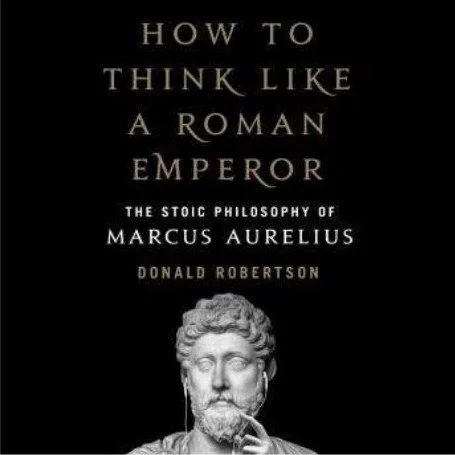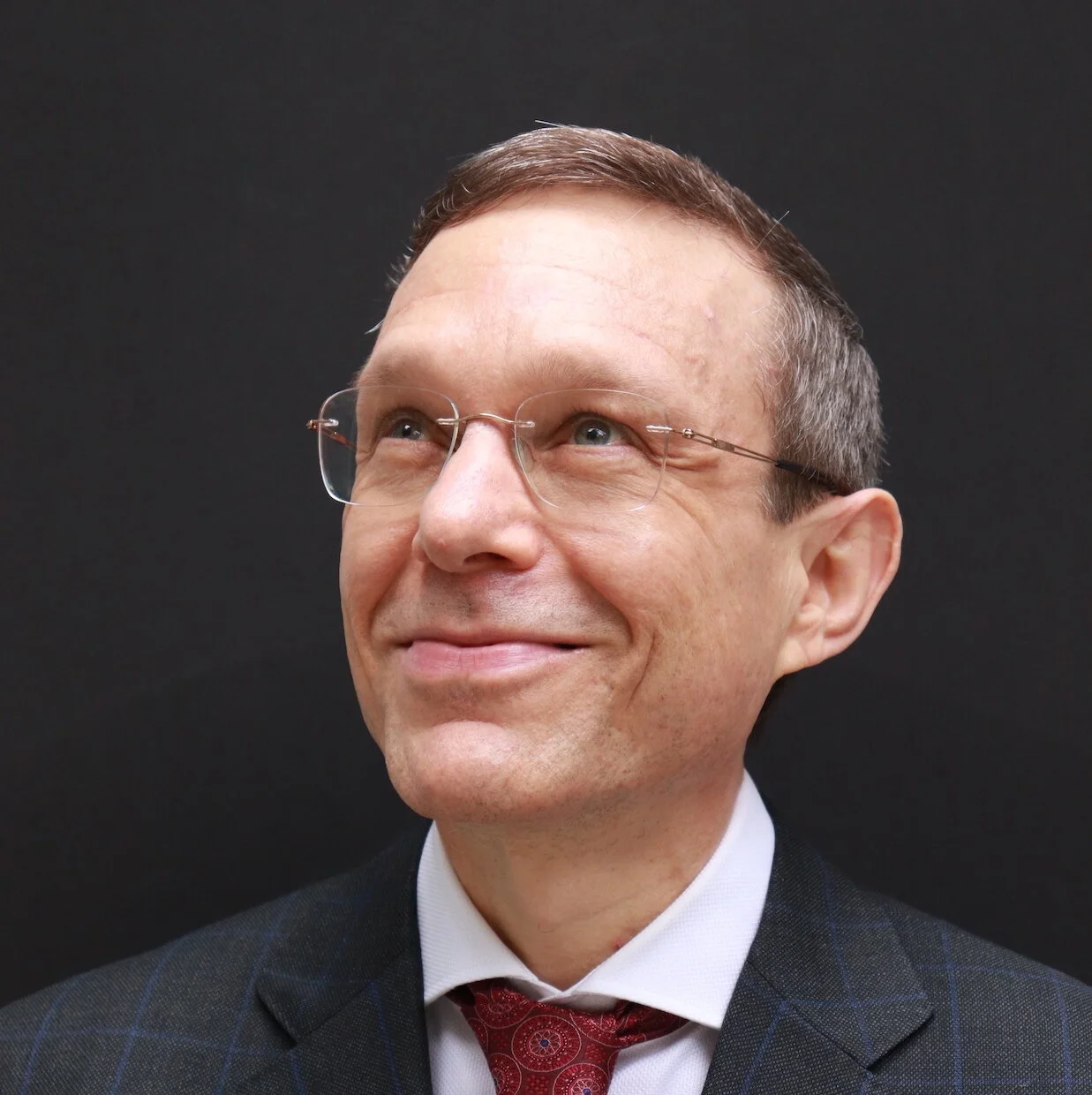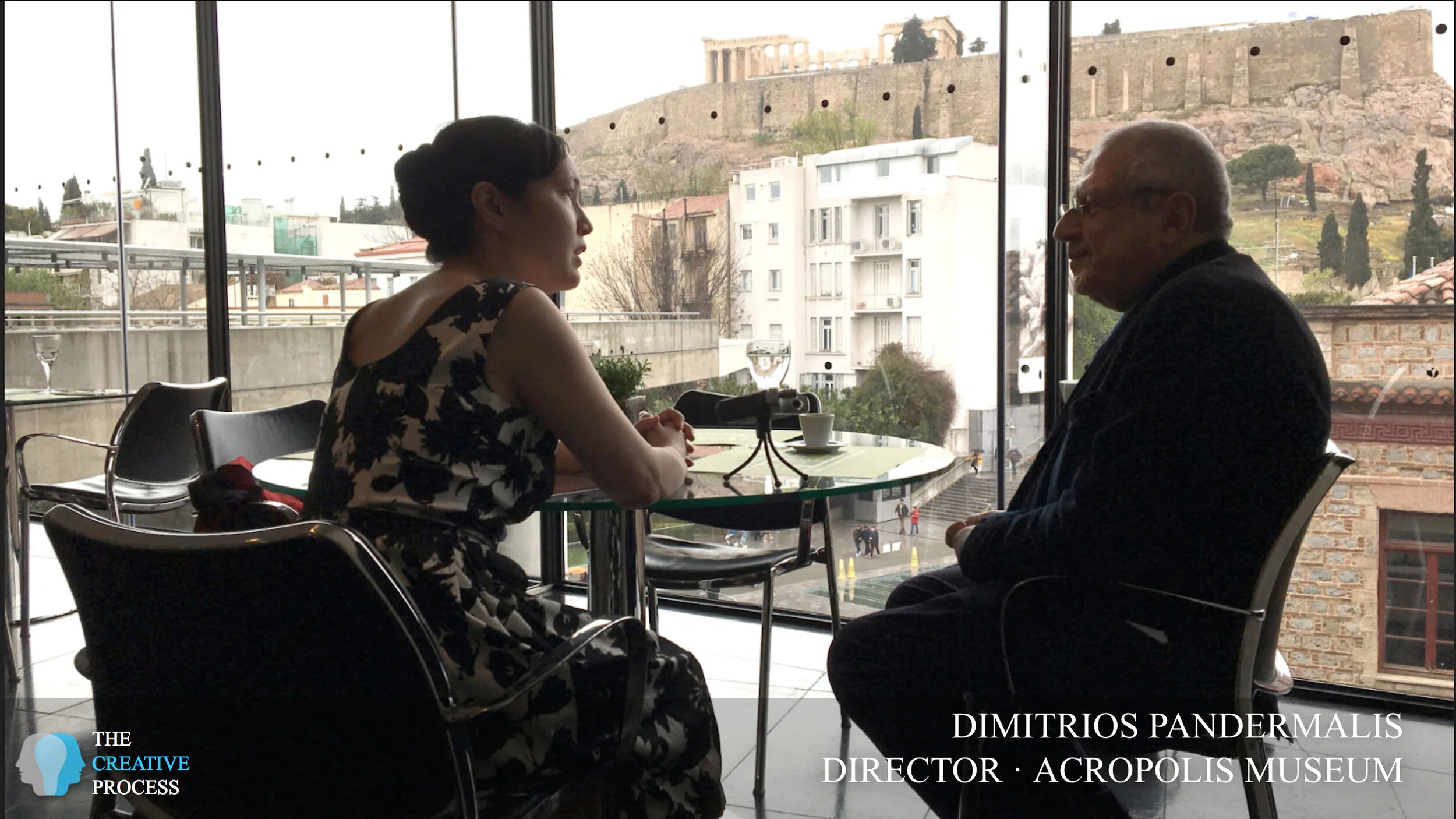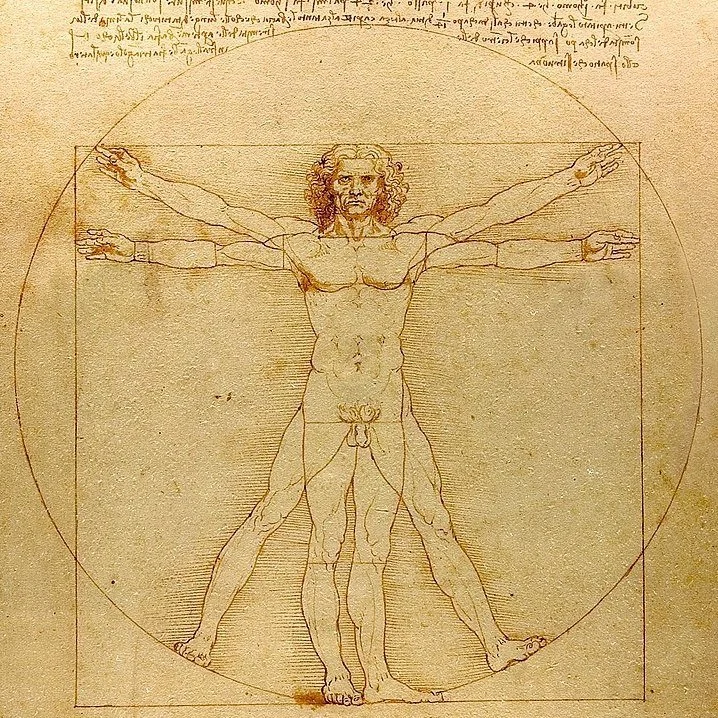(Highlights) PETER SINGER
/Most Influential Living Philosopher
Author · Founder of The Life You Can Save
I would like young people to recognise that they are part of a long tradition that has been trying to the make the world a better place. A tradition that goes back as far as we have recorded history, that there are people who tried to–like Socrates, but also like Buddha and many other figures in different cultures–think more about how we ought to live in accordance with their thinking. Tried to do good in the world and that’s a tradition they can be part of. This generation really does hold the future of the planet in its hands.





















